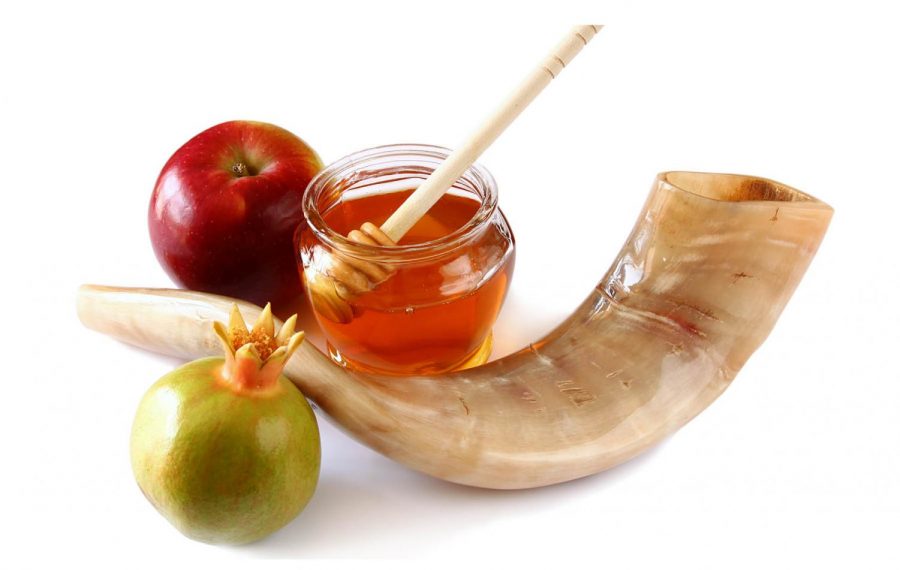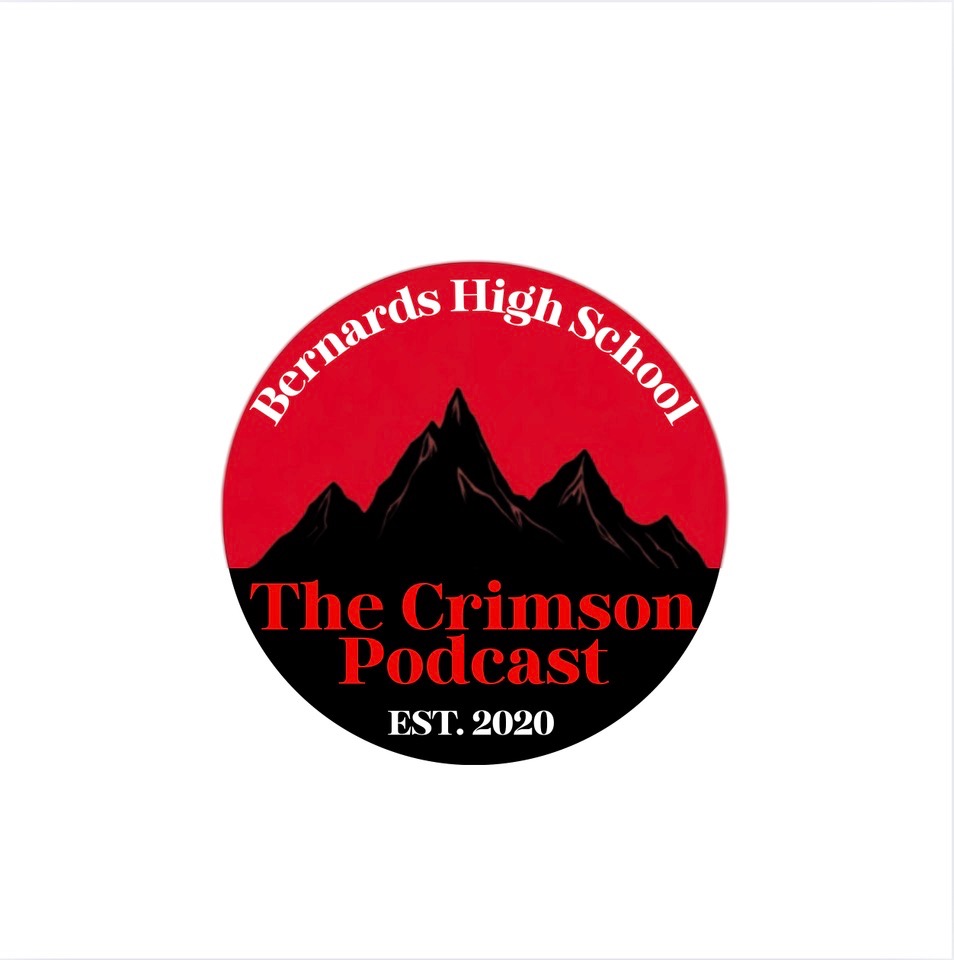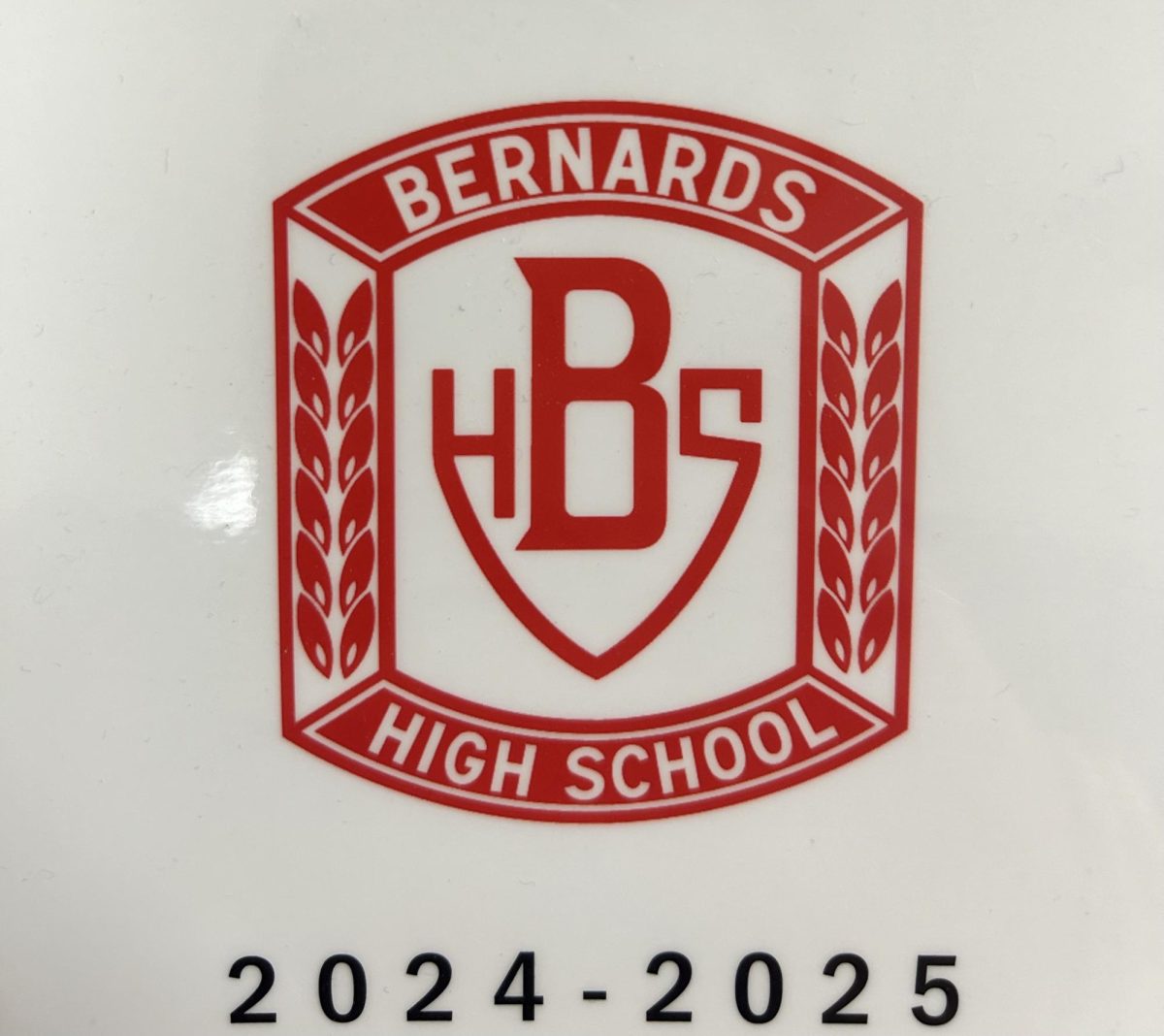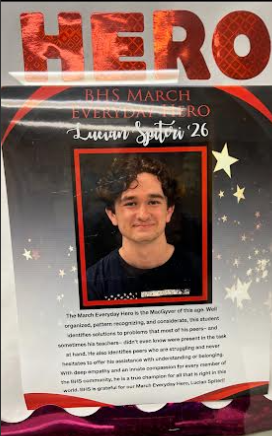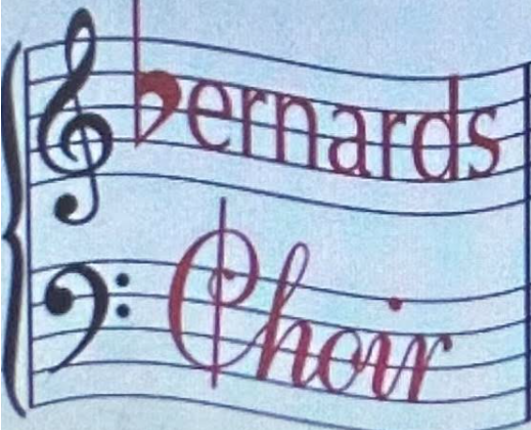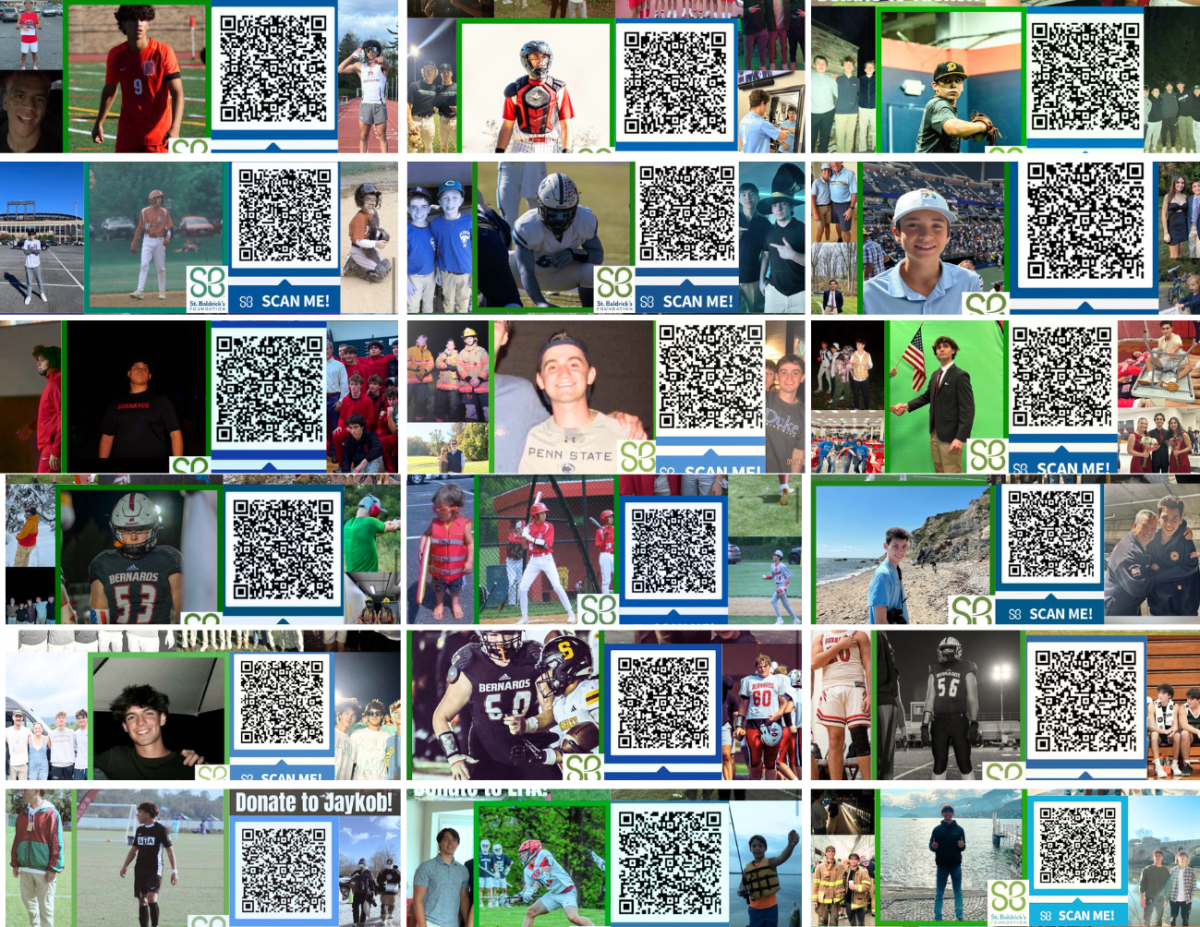The High Holy Days. Rosh Hashanah, Yom Kippur, and the ten days in between. Rosh Hashanah is the New Year on the Jewish calendar, as it translates to “head of the new year”. Then there is Yom Kippur, which is a day of repentance that comes ten days after Rosh Hashanah. It is typically celebrated with a day-long fast. There are typically services for both holidays, however, due to the COVID-19 pandemic, things could not go on as normal, and some things were different.
First, a little about the holidays. Rosh Hashanah is known as the Jewish New Year, as on the Jewish calendar, it is the New Year. Typically, it is observed by going to services and reflecting on the last year, capped off with the ceremonial blowing of the shofar. Apples and honey are a typical snack of the holiday. Yom Kippur is a holiday that comes ten days after Rosh Hashanah. It is a day of repentance, and is typically observed by going into services, as well as a day-long fast.
However, this year, due to the COVID-19 pandemic, many people could not attend services. Social distancing is simply not possible in such a small room with so many people. However, there was some clever improvisation by one temple. Temple Har Shalom in Warren, New Jersey held Yom Kippur services at TD Bank Park, a Minor League ballpark and home of the Somerset Patriots, in Somerset, New Jersey. The turnout was high, as a decent amount of people showed up for services on Monday.
While there are not many Jewish students at Bernards, junior Shane Rich is one of them, and he was asked about his tradition on the holidays, and how it differed this year due to the pandemic. And for him, tradition was interrupted
“Before Corona and everything, it was a tradition for my family and I to go over to my Grandmother’s and celebrate the holidays. On those specific days, we’d make it a priority to be with each other and celebrate the New Year/Break the Fast together.”
“What did you do differently this year due to the virus?”
“Everyone was at home with their immediate family, temple was via zoom.”
For Shane and his family, and many other Jewish families, this time of year is a time to spend with immediate and extended family, however extended was not an option this year.
The High Holy Days are arguably the most important holidays on the Jewish Calendar, and for many people, it was different this year. Not being able to see family, mostly online services, and if they were in person, it was vastly different. However, people like those at Temple Har Shalom had some clever workarounds, and were able to make the most out of an awful situation. Though this year has been bleak, the High Holy Days are a time to be celebrated in the Jewish faith, and many people made by, and made the most of this bleak situation.



